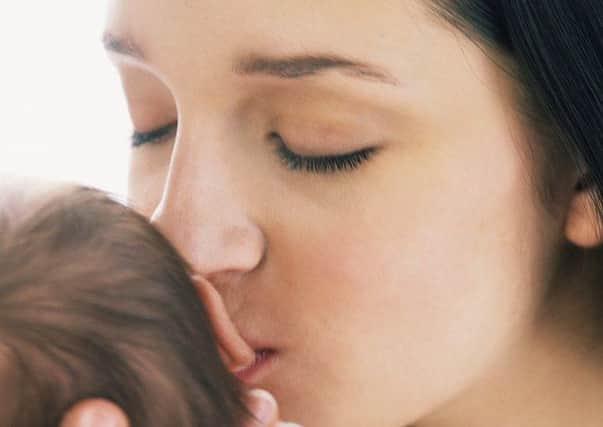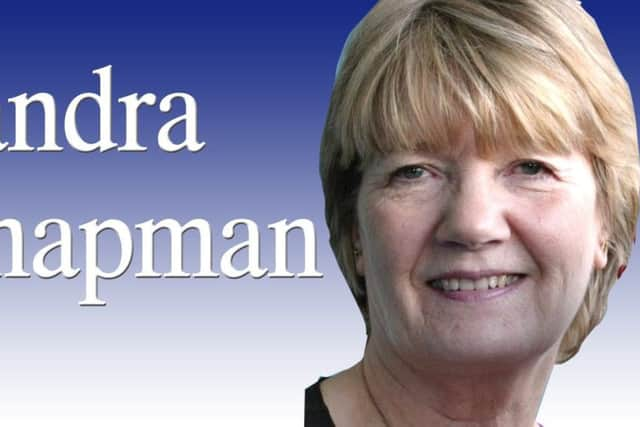NHS under pressure but mothers deserve better


Giving birth is a miraculous event, after all, and it’s difficult not to tune into the programme when presented with boring stuff on other channels. Being in labour is a unique experience, with no guarantee that it will end in the desired result; but OBEM shows how, ideally, women can have a good result.
It’s all down to good medical and nursing care, and on OBEM, care is excellent with nurses fussing over their patient. It has an almost ‘party atmosphere’ with husbands, partners, mothers or family friends allowed at the bedside. Despite all this, pampering mothers usually make it clear that giving birth can be desperately painful and no amount of brow mopping or sweet nothings whispered in the ear is going to take away the pain. Still, having a loved one at the bedside is a comfort even at the birth.
Advertisement
Hide AdAdvertisement
Hide AdBut away from the television view of birth, all is not as it seems and Britain’s maternity services have been described as ‘woeful’. Too many women are being left alone in labour, says NHS watchdogs, and post-natal care is not up to expectations either. Over half the mums surveyed claim not to have had enough support after birth - an incredibly important time for any new mum.


Overall, 23 per cent claimed to have been left alone by midwives or doctors during labour and birth, with the Care Quality Commission annual survey claiming this occurred ‘in the latter stages of labour or during the birth’.
There have been many promises from ministers to improve maternity services to women but there is a shortage of midwives according to the Royal College of Midwives.
The NHS survey also discloses that our stillbirth rates are among the worst in the developed world, with compensation claims for ‘catastrophic blunders in childbirth tripling in a decade’.
Advertisement
Hide AdAdvertisement
Hide AdThis is all scary stuff and a far cry from the nice, comfortable view of childbirth given by OBEM. As a mother of two, I would suggest that the whole maternity care issue hasn’t changed an awful lot in this country since I first gave birth in 1973, not far off half a century ago.
My labour pains began late one Friday night and my son wasn’t born until the Sunday afternoon. On the night before he was born, after a prolonged period on a ward where nurses were a rare sight, I was wheeled into the hospital ward bathroom and left there, with the door closed and my call bell removed. Not a single nurse came near me until the following morning. When someone did come, a doctor was called as I was in such a state. He was furious at how I had been treated. Had my son been in difficulty, he could have died as there had been no care of any consequence in all that time.
By mid-morning of the Sunday, with my son still unborn and me in distress, I was left to lunchtime with just a nurse in the interim checking his heartbeat with nothing more sophisticated than a small horn-like instrument. Another doctor eventually arrived and decided it would have to be a caesarean birth. I was being prepared for this when my son decided he could wait no longer and was born within a few minutes.
The ordeal wasn’t over as I required stitching, done without anaesthetic of any kind. My baby slept for two days he was so exhausted. While he slept, I cried with just my family for comfort.
Advertisement
Hide AdAdvertisement
Hide AdI would be surprised if neglect such as this could happen today because families do like to be more involved in birth now, even if it’s just staying by the bedside, telling jokes and offering food which wasn’t encouraged in my day. They can pick up the signs from the mother if things aren’t right and get help. But still there is the shortage of midwives which has to be addressed. Health Secretary Matt Hancock would like stillbirths, maternal and infant deaths and serious brain injuries in
newborns reduced by half by 2025. Our maternity services are really in a Dickensian state if these numbers are correct.